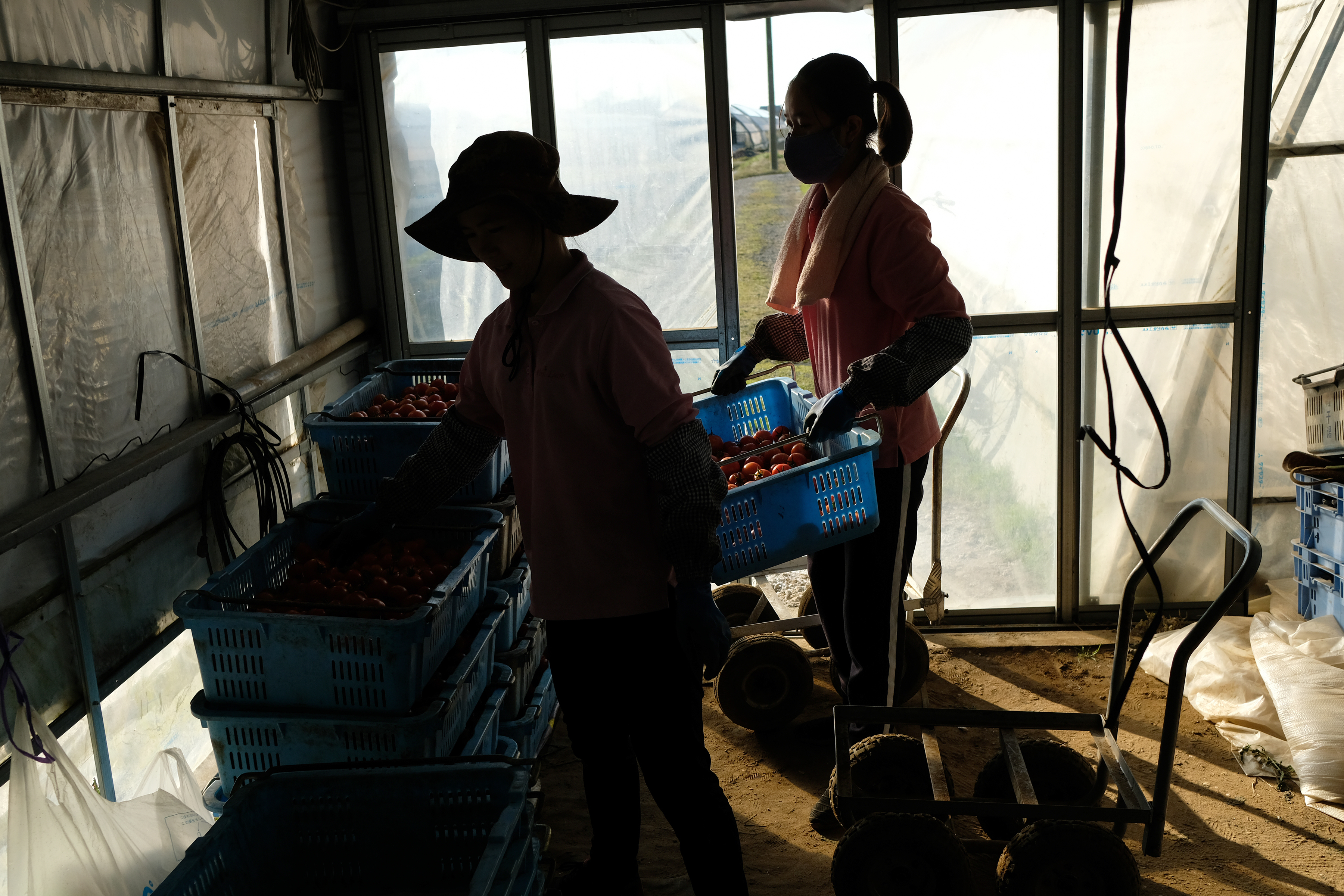The government is planning to strengthen regulations on brokers who collect large sums from foreign nationals seeking to work in Japan as the country prepares to bring in blue-collar workers from overseas under new visas.
According to a draft plan compiled by the labor ministry, the government aims to enhance the protection of foreign workers from April, when the new visa system is scheduled to enter into force, by introducing tougher standards for Japanese placement agencies working with brokers overseas.
The move reflects problems faced by foreign workers who arrive in the country as trainees under a government-sponsored technical internship program. They often bear heavy debts, as brokers collect a large amount of money from the workers or their families under the pretext of guarantee deposits or other fees.
Under the envisioned stricter regulations, placement agencies in Japan may have their permits revoked or not be granted if associated brokers overseas collect deposits from workers, make them sign contracts that require them to pay penalties if they quit midway, or lend them money for travel expenses or other fees.
Japan currently checks whether brokers are given permission for their work in each country but does not check whether they collect deposits.
Tokyo has created a new visa system to attract foreign workers into its labor-hungry sectors — including construction, farming and nursing care — due to an aging population and falling birthrate.
The introduction of the system represents a major change for the country, which had effectively granted working visas only to people with professional knowledge and high skill levels, such as doctors, lawyers and teachers.
The number of foreign workers in Japan has tripled over the past decade to a record 1.46 million as of October, according to the ministry.




